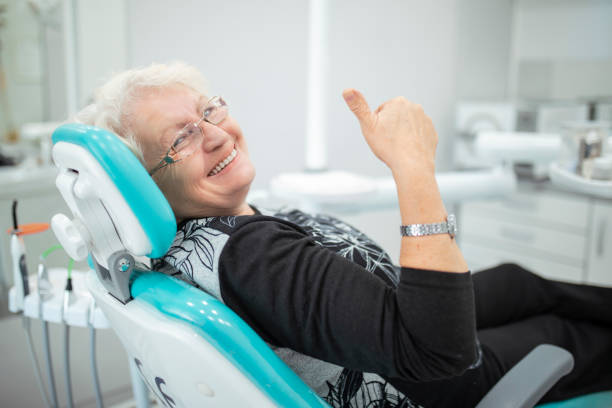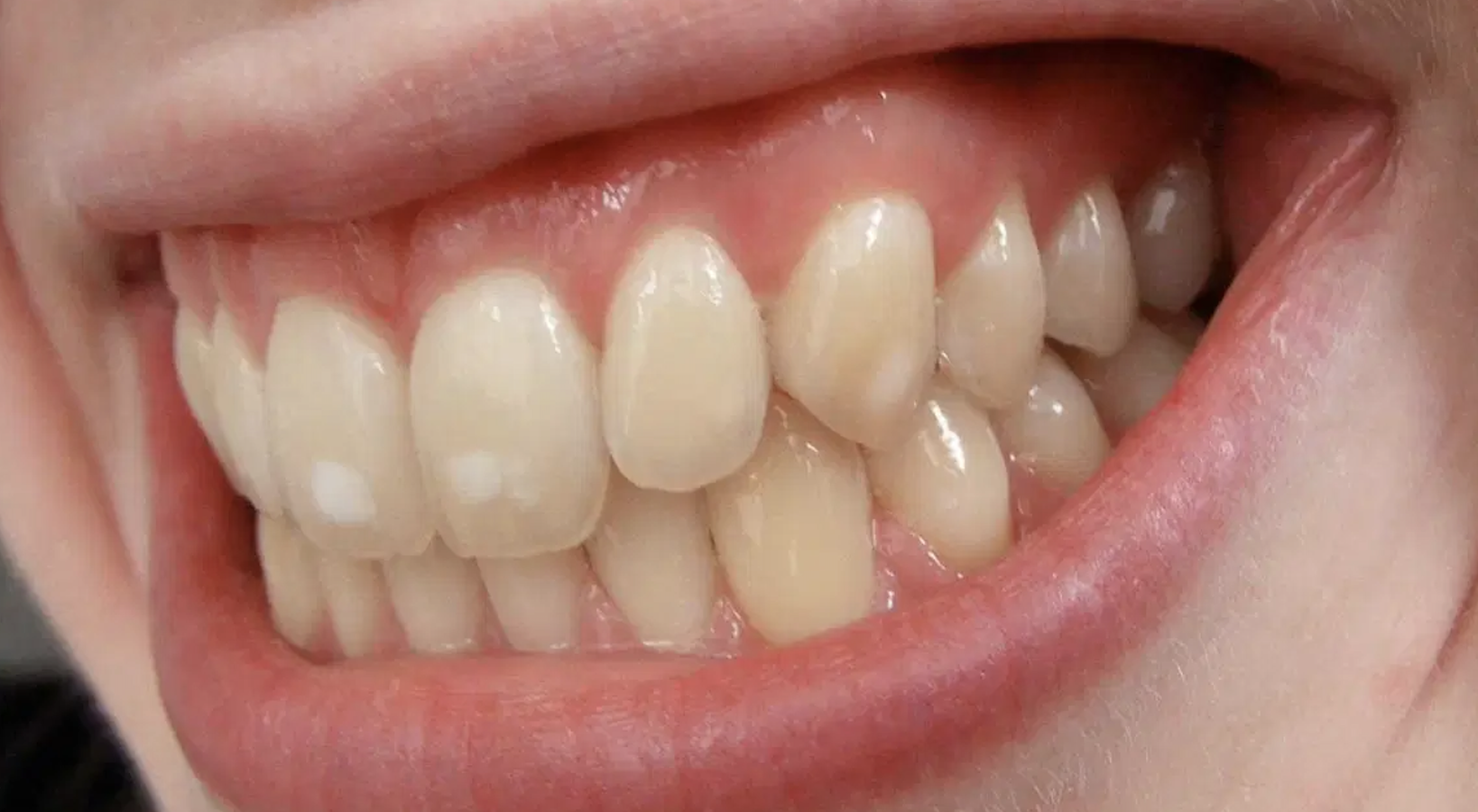A common problem among elderly geriatric people is having a dry mouth or Xerostomia. It significantly affects their quality of life and can lead to other complications. If you or your loved one is facing this issue, you should know what it means, the top causes of dry mouth in the elderly, and how to prevent and treat it. It can be extremely uncomfortable and has several negative side effects like tooth decay, dry skin, bleeding gums, bad breath, and oral infections. Let’s see why this happens.
What is Dry Mouth in the Elderly?
It is a condition in which there is a decrease in saliva production. Saliva is an important substance that helps to keep the mouth healthy and hydrated. It helps to break down food, kills some harmful germs, and prevents tooth decay. A reduction in saliva causes dry mouth, which might lead to other problems. The causes of dry mouth in the elderly range from medications to health conditions.
Many older people experience dry mouth as they age. Contributing factors include the use of certain medications, changes in the body’s ability to process medication, inadequate nutrition, and having long-term health problems. Cancer therapy. Chemotherapy drugs can change the nature of saliva and the amount produced.
Causes of dry mouth (Xerostomia) in geriatric
Many older people experience dry mouth as they age. Contributing factors include the use of certain medications, changes in the body’s ability to process medication, inadequate nutrition, and having long-term health problems. Cancer therapy. Chemotherapy drugs can change the nature of saliva and the amount produced.
- Age-related changes: As we age, our salivary glands begin to produce less saliva. This is a natural part of the ageing process.
- Medications: Certain medications, such as antihistamines, antidepressants, SSRIs, ACE inhibitors, and antipsychotics may cause a dry mouth.

- Health conditions: A few health conditions such as Sjögren’s syndrome, diabetes, radiation therapy, and Parkinson’s disease are known to cause a dry mouth.
- Other causes: neglecting oral hygiene, dehydration, smoking, and certain dental procedures.
5 Tips to prevent and treat dry mouth in the Elderly
- Avoid smoking. Smoking affects the salivary glands and reduces saliva production. It also increases the risk of oral cancer.
- Drink plenty of water. Dehydration causes a decrease in saliva production. Keeping yourself hydrated will prevent this problem and also help with other issues such as constipation.
- Get regular dental check-ups. Regular visits to the dentist can improve oral hygiene.


- Use fluoride toothpaste. This can help to prevent tooth decay caused by a lack of saliva.
- Use saliva substitutes. In case the problem is severe, you can use a saliva substitute.
Prevent and treat dry mouth in the geriatric
- Sip water throughout the day.
- A Water Spray Bottle.
- Sugarless Candy, Lozenges or Gum.
- More Moisture at Mealtime.
- Avoid Caffeine and Alcohol.
- Alcohol-free Mouthwashes.
- Saliva Substitutes.
Conclusion
Dry mouth is a common problem among elderly people. It significantly affects their quality of life and can lead to other complications. The causes of it in the elderly range from medications to health conditions. To prevent and treat this issue, the elderly should follow some tips such as avoiding smoking, drinking plenty of water, and getting regular dental check-ups. Regular visits to the dentist can also help to improve oral hygiene and prevent tooth decay caused by a lack of saliva.






